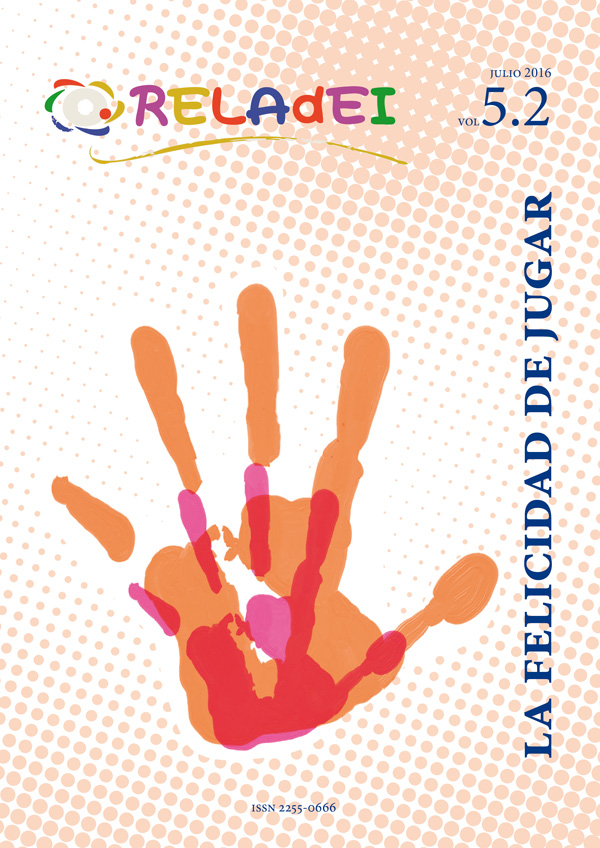Gioco di finzione, logica e pensiero metarappresentativo
Main Article Content
Abstract
Like many human activities, pretend play has behavioral and mental components. In the normal child, according to Leslie, brain development leads to the functional emergence of a cognitive mechanism whose task is to understand agents’ behaviour in terms of agents’ mental states. This ability to recognize pretense appears as early as 15 or 16 months .If children consider mental states in representing pretend play, then their ability to represent pretend play is a form of mental state reasoning or theory of mind. Pretend play has also been strongly linked to counterfactual reasoning. In pretending, children appear to be engaging with or embodying counterfactual or hypothetical statements. Pretend play in development is precisely to practice counterfactual reasoning and to prepare children for the kind of ‘serious’ counterfactual and hypothetical reasoning. Such a study would provide strong evidence that pretend play is a form of counterfactual reasoning and that children can improve their counterfactual reasoning skills through play.
Key words: pretend play, theory of mind , counterfactual reasoning , cognitive development

